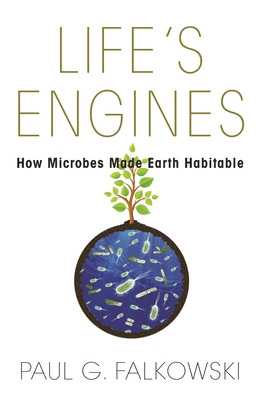Expedite your nonfiction book discovery process with Readara interviews, summaries and recommendations, Broaden your knowledge and gain insights from leading experts and scholars
In-depth, hour-long interviews with notable nonfiction authors, Gain new perspectives and ideas from the writer’s expertise and research, Valuable resource for readers and researchers
Optimize your book discovery process, Four-to eight-page summaries prepared by subject matter experts, Quickly review the book’s central messages and range of content
Books are handpicked covering a wide range of important categories and topics, Selected authors are subject experts, field professionals, or distinguished academics
Our editorial team includes books offering insights, unique views and researched-narratives in categories, Trade shows and book fairs, Book signings and in person author talks,Webinars and online events
Connect with editors and designers,Discover PR & marketing services providers, Source printers and related service providers

Life's Engines: How Microbes Made Earth Habitable
Science > Life Sciences - Microbiology
- Princeton University Press
- Paperback
- 9780691173351
- 9.1 X 6 X 0.8 inches
- 0.7 pounds
- Science > Life Sciences - Microbiology
- (Single Author) Asian American
- English
Readara.com
Book Description
The marvelous microbes that made life on Earth possible and support our very existence
For almost four billion years, microbes had the primordial oceans all to themselves. The stewards of Earth, these organisms transformed the chemistry of our planet to make it habitable for plants, animals, and us. Life's Engines takes readers deep into the microscopic world to explore how these marvelous creatures made life on Earth possible--and how human life today would cease to exist without them.
Paul Falkowski looks under the hood of microbes to find the engines of life, the actual working parts that do the biochemical heavy lifting for every living organism on Earth. With insight and humor, he explains how these miniature engines are built--and how they have been appropriated by and assembled like Lego sets within every creature that walks, swims, or flies. Falkowski shows how evolution works to maintain this core machinery of life, and how we and other animals are veritable conglomerations of microbes.
A vibrantly entertaining book about the microbes that support our very existence, Life's Engines will inspire wonder about these elegantly complex nanomachines that have driven life since its origin. It also issues a timely warning about the dangers of tinkering with that machinery to make it more efficient at meeting the ever-growing demands of humans in the coming century.
Author Bio
After graduating from the University of British Columbia and doing a 9 month post-doc at the University of Rhode Island, I was hired at the Brookhaven National Laboratory as staff scientist in the newly formed Oceanographic and Atmospheric Sciences Division. I worked there for 23 years and developed the field of environmental biophysics. In 1998 I moved my research group to Rutgers University. In 2007 I was elected to the National Academy of Science for my research on the global carbon cycle.
Research Interests
My research interests are focused on three areas – origins of life, how electron transfer reactions are mediated, and how organisms transformed the geochemistry of Earth. In the evolution of Earth, microbes became a major force in transforming this planet to make it habitable for animals, including humans.
I seek to understand the basic chemical reactions that enabled microbes to transform Earth’s goechemistry. I work at the molecular level of proteins and fundamental chemical reactions of minerals, and the global scale of how this planet came to have oxygen as the second most abundant gas. I am most interested in understanding how these kinds of processes have transformed our planet and may evolve on planetary bodies in our solar system and on extra-solar planets. There are only two questions I address: Where did we come from? And are we alone?
Source: Rutgers, The State University of New Jersey
Videos






Community reviews
No Community reviews

